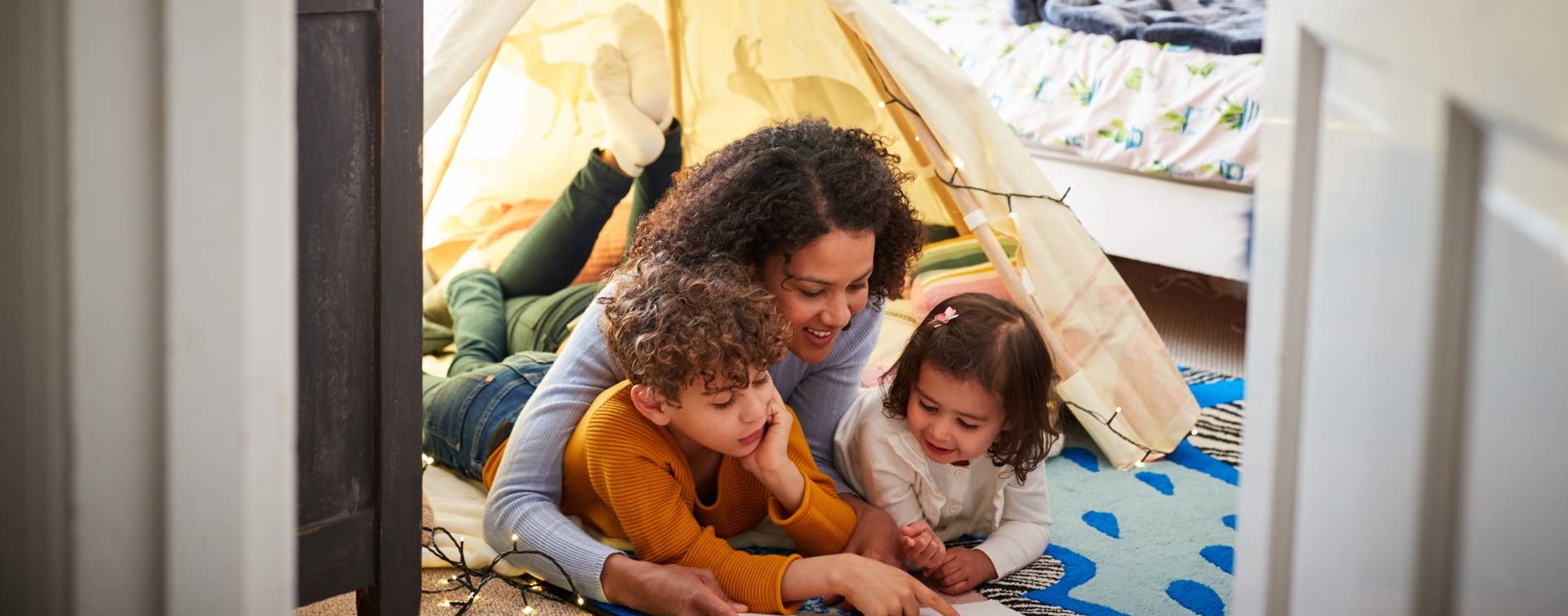So, you've decided to adopt—congratulations! Providing an infant, child, or even young adult with a loving home can be a singularly rewarding experience. However, the adoption process isn't something to take lightly. It can be a long, arduous journey.
Understanding the adoption process ahead of time and planning proactively can help make the process less daunting. For most individuals or couples who decide to adopt, one question immediately comes to mind: "Should I/we adopt domestically, or internationally?"
Understanding International Adoption
Individuals and couples who decide to adopt internationally may face a variety of challenges, depending on their circumstances. If you're considering adopting internationally, here's what you need to know:
- Different states have different rules. In Rhode Island, you must participate in a home study, a process that enables adoption officials to assess the readiness of prospective adoptive parents. State rules for adoption apply to both domestic and international adoption, so be aware of them. Some requirements to adopt in Rhode Island include a criminal background check, references from two nonrelatives, income and employment data, and information about the prospective parents’ history with childcare and their parenting styles.
- Different countries have different requirements. Unfortunately, not all countries are open to LGBTQ+ couples, for example. You should research the country you want to adopt from ahead of time and make sure you fit their adoption requirements.
- International adoption is usually more expensive, and takes longer, than domestic adoption. The international adoption process is typically much more complicated than domestic adoption. You may be required to fly to another country several times before the adoption gets finalized. The waiting time before you get matched with a prospective adoptee may be much longer. Additionally, due to factors like language and cultural barriers, it's easier for miscommunication to occur. When you decide to adopt internationally, you're in it for the long run.
- It may be more challenging to assess the adoptee's personal history. Many children who are put up for adoption internationally are orphans who lack medical records or birth certificates. That can be an issue because knowing whether or not a child has certain medical conditions ahead of time can be critical (especially if the parents aren't equipped to handle a child with a medical condition). Many children available for international adoption have also experienced psychological trauma, which can play a significant role in the parent-child relationship. If you follow through with international adoption, you will probably have to bring your child to doctors and psychologists to have them evaluated so you can piece together their personal history.
Additionally, at some point, your child will want to know more about their history. They may even want to meet their adoptive parents. Tracking them down may be impossible, which can create identity issues for the adoptee.
- Cultural barriers will be more challenging to overcome. For many adoptive children, understanding their culture of origin is vital. It may be difficult to help your child understand their culture if you aren’t personally connected to it. Additionally, depending on the adoptee's age, your child may have culturally developed behaviors that seem foreign or strange to you. Overcoming these cultural barriers is an aspect of international adoption you should be prepared to tackle. Ideally, the adoption agency you work with can help. If they're unable to assist you, consider finding a community near you that shares the same ethnicity or culture as your adoptee and see if there's a way to get involved in that community.
Understanding the challenges posed by international adoption can help you be proactive, not reactive, while you work towards adopting your child.
To receive help with your adoption, contact us online or via phone at (401) 305-2934 for a consultation with our team.

